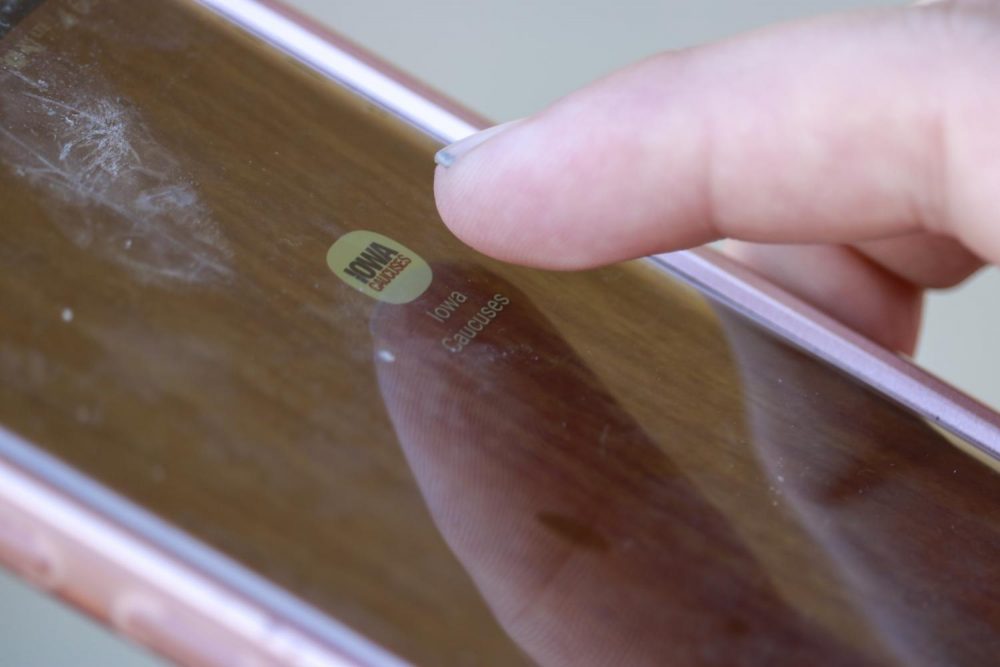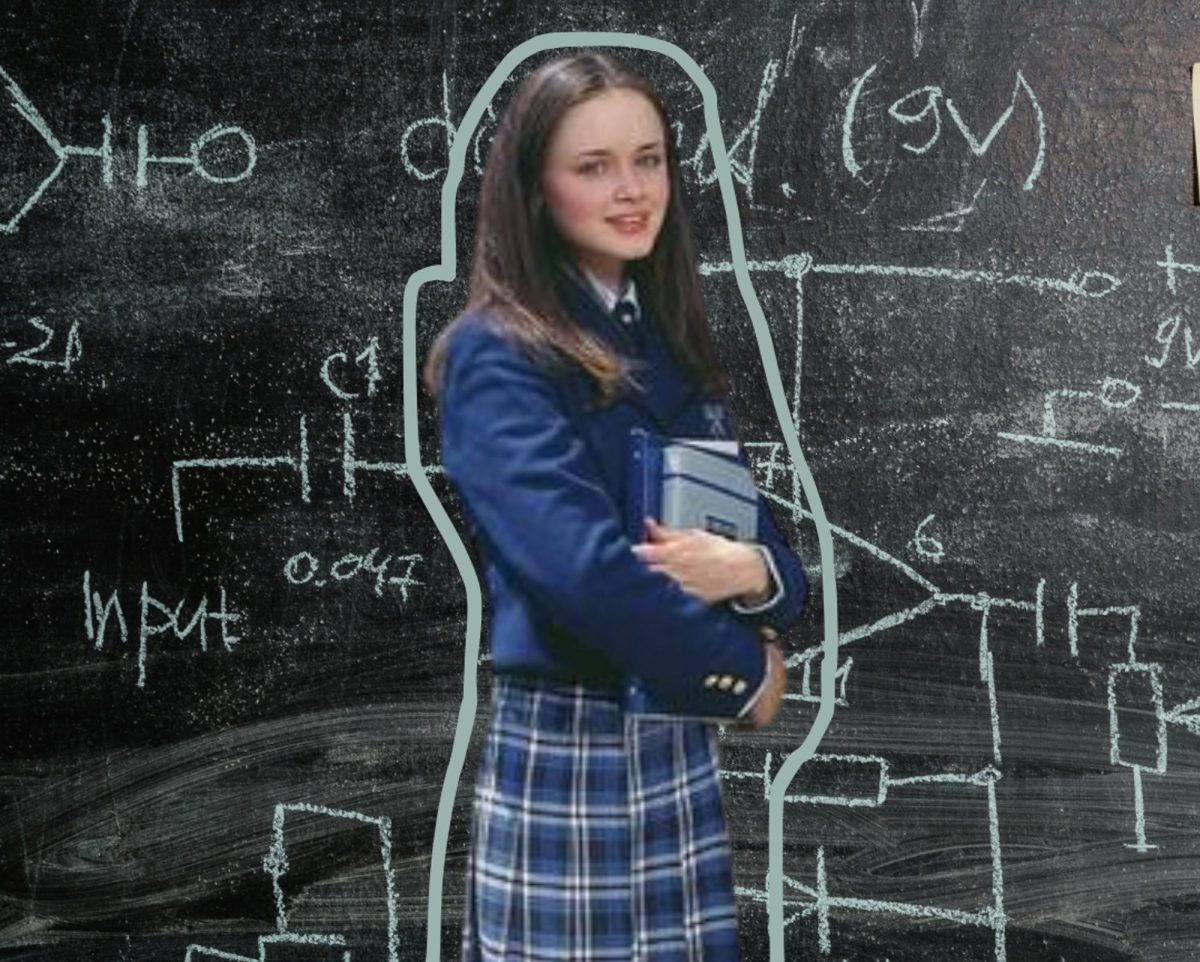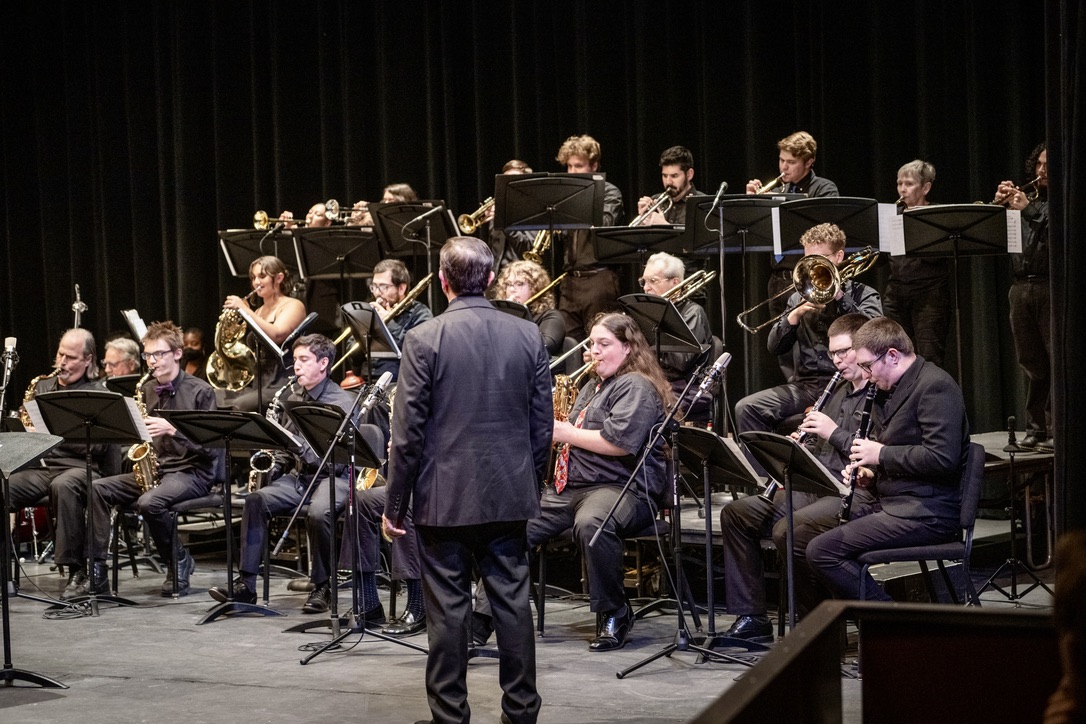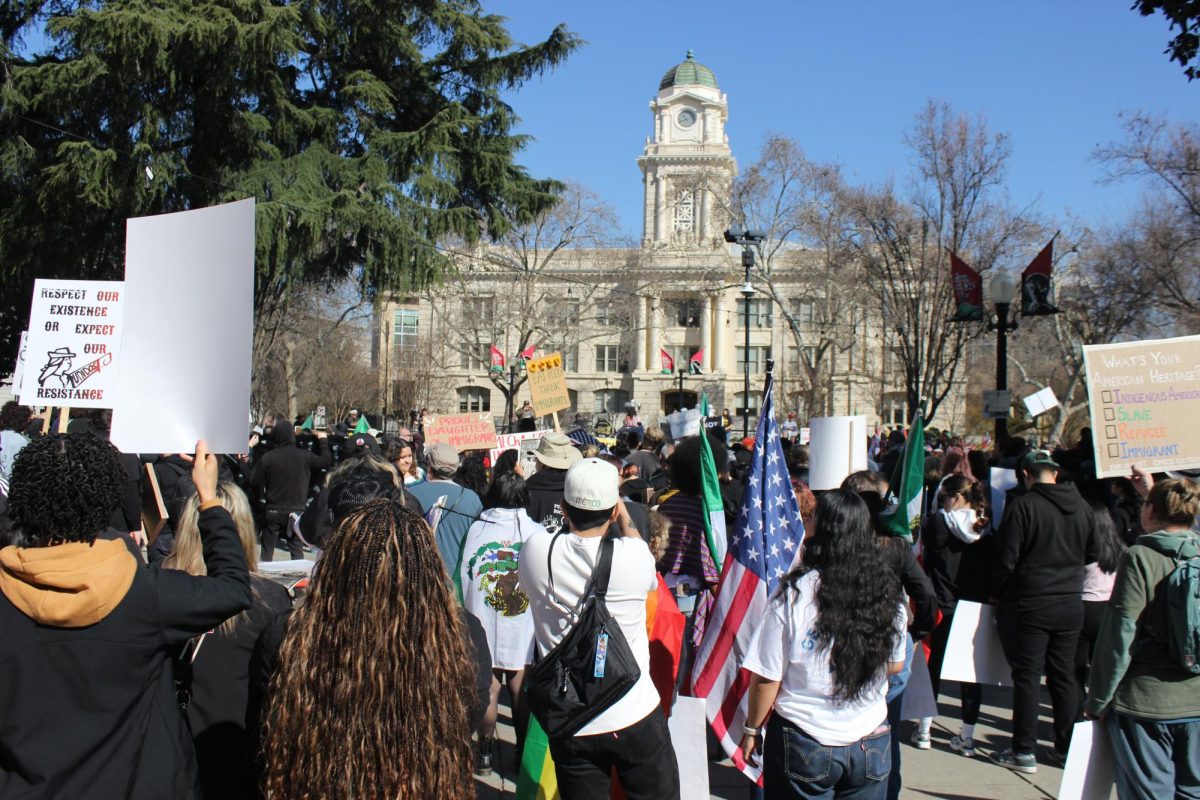It’s that time again where the entire country scrambles to decide who will be our next president. There are currently five viable Democratic candidates, as well as the former mayor of New York, Micheal Bloomberg who is only viable because the Democratic National Committee changed its donor policy for him, allowing him to participate in the debates with virtually no support but his own. The Republicans only have one viable candidate, President Donald Trump.
Democracy in America has never been a simple system of one person, one vote. Instead, we have a system that includes delegate pledges and eventually the electoral college, which is what gave us Trump as president.
It seems we live in a system where the popular vote means less than the votes of elected officials and delegates. This can be seen again in the events that have taken place during the Democratic primary elections, specifically in regards to the Iowa Caucus, and it’s time for a change.
All states still adhering to the caucus system need to switch to a primary voting system that allows for the most accurate representation of each state’s voter base.
Anyone following politics knows that this year’s Iowa Caucus, held on Feb. 3, was more than just a little messy, it was a complete disaster that left voters and even the candidates confused about who won.
Part of this was because of a new app that was introduced with the hopes of making the complicated caucus system easier. Instead, thousands of votes went uncounted for days following the Iowa Caucus making it unclear whether Senator Bernie Sanders or former Mayor of Southbend, Indiana, Pete Buttigieg had won the state.
After many days of confusion the results were announced declaring Buttigieg the winner with the most delegates, and Sanders the winner of the popular vote. Iowa went to Buttigieg.
While the app caused major problems, it is clear that the problems with the caucus system extend beyond this year’s app crisis and the caucus system needs to be replaced with primary election voting.
To start, the caucuses are held, during election years, in gyms and banquet halls across the state at 7 p.m. sharp and can last hours. Having a rigid day and time to vote excludes many people from being able to participate and having their voices heard, including parents of young children, people who work night shifts, and physically or mentally disabled people.
Undertrained volunteers also facilitate the Iowa Caucus process, which has led to chaos and confusion in the past as well as during this year’s caucus. However, the problems with the caucus system are much more fundamental than anything the volunteers could have control over.
People pile into rooms and depending on what candidate they are rooting for they go to different areas within the room and then try hard to convince others to join them and support their chosen candidate. If a candidate has less than 15% support in a precinct, that candidate is considered “not viable”. The voters then have a choice to either go home and accept defeat or join a different candidate’s supporters, giving that candidate more delegates.
This, too, makes it so that many people’s voices across the state go unheard and their votes do not count.
Instead of going along with traditions for the sake of tradition, it is time for Americans to speak up and demand a system that gives each person their vote and also a system in which the popular vote wins.
The caucus system is not only deeply flawed but also primitive and a poor example of true American democracy. To fix the issue, the smaller states such as Iowa must let go of the caucuses and use a system that allows everyone in their states to be heard.














